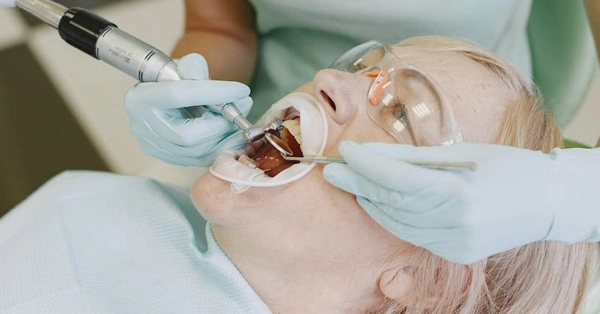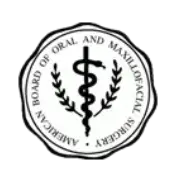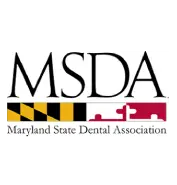Mistakes to Avoid After Sedation Dentistry in Washington
Sedation during a dental operation can improve relaxation and streamline the overall process. Whether it’s sedation dentistry patients seeking anxiety relief, bone grafting for restoring jawbone structure, or dental implants to replace missing teeth, the care you take afterward is just as important as the procedure itself. Post-sedation recovery is a sensitive period, and even small missteps can affect your healing, comfort, and results.
In our previous blog, we addressed the five common concerns that individuals might have regarding sedation dentistry and provided solutions for them. In this blog, we will discuss the five common aftercare faults patients make and how to prevent them.
5 Post-Care Issues to Steer Clear of Following a Sedation Dentistry Procedure
To help you recover faster and protect your investment in your oral health, here are five common post-care mistakes people make after sedation dentistry—and how to avoid them.
-
Skipping Rest and Jumping Back into Routine
Sedation can leave lingering effects such as drowsiness, slower reflexes, and mild confusion for several hours. Some patients try to resume work, drive, or tackle errands too soon, risking accidents or injury.
Recovery tip: Plan a full day of rest after your procedure. Arrange for a friend or family member to drive you home and help with basic needs. Prioritize sleep, hydration, and light activities so your body can fully process the sedative.
-
Ignoring Food and Drink Restrictions
Your lips and throat may be numb after sedation, which makes it more likely that you will bite your cheek or choke on food. Additionally, certain procedures—such as bone grafting in Washington—require you to avoid hot, spicy, or hard foods for proper healing.
Recovery tip: Strictly adhere to the dietary recommendations provided by your dentist. Start with soft foods like yogurt, mashed potatoes, or smoothies (avoiding straws to prevent suction pressure). Drink water regularly to stay hydrated, but skip alcohol and caffeinated drinks until cleared.
-
Neglecting Oral Hygiene
Some patients are hesitant to clean their mouths after sedation due to soreness or fear of disturbing stitches. Unfortunately, skipping cleaning can lead to infection and slow recovery.
Recovery tip: Use a soft-bristled toothbrush and rinse gently with a saltwater solution as recommended. Focus on keeping your mouth clean without vigorous swishing or brushing over sensitive areas. Consistent gentle care prevents bacterial buildup and keeps your healing on track.
-
Overusing Pain Medication
Pain management is essential, but relying too heavily on medication—especially without following dosage instructions—can cause side effects or delay recovery. Some people also take over-the-counter anti-inflammatories that may interfere with clot formation after oral surgery, including procedures like dental implants in Washington.
Recovery tip: Take only the prescribed dose at the recommended intervals. Use non-medicinal comfort measures as well, like cold compresses, resting with your head elevated, and avoiding triggers that might cause discomfort.
-
Skipping Follow-Up Appointments
Once the discomfort fades, some patients assume everything is fine and cancel their follow-up visits. However, your dentist needs to check for proper healing, address hidden issues, and adjust treatment plans if needed.
Recovery tip: Treating your follow-up appointments as non-negotiable. These visits ensure complications are caught early, sutures are removed if needed, and your recovery is progressing exactly as planned.
Conclusion:
Recovering from sedation dentistry in Washington isn’t just about waiting for the numbness to wear off—it’s about protecting your long-term oral health and ensuring your treatment results last. By avoiding these common mistakes, you’ll reduce risks, heal faster, and get the most out of your procedure.
If you’ve recently undergone sedation for a dental treatment or are planning one soon, remember: a little extra care now can save you a lot of trouble later. Throughout your recuperation, pay close attention to what your dentist instructs you to do, and don't be afraid to ask questions. Call now at (202) 610 0600!






4.9 Stars
based on 134 reviews
5 Stars
based on 11 reviews
5 Stars
based on 11 ratings